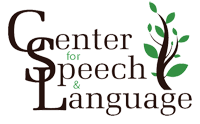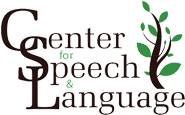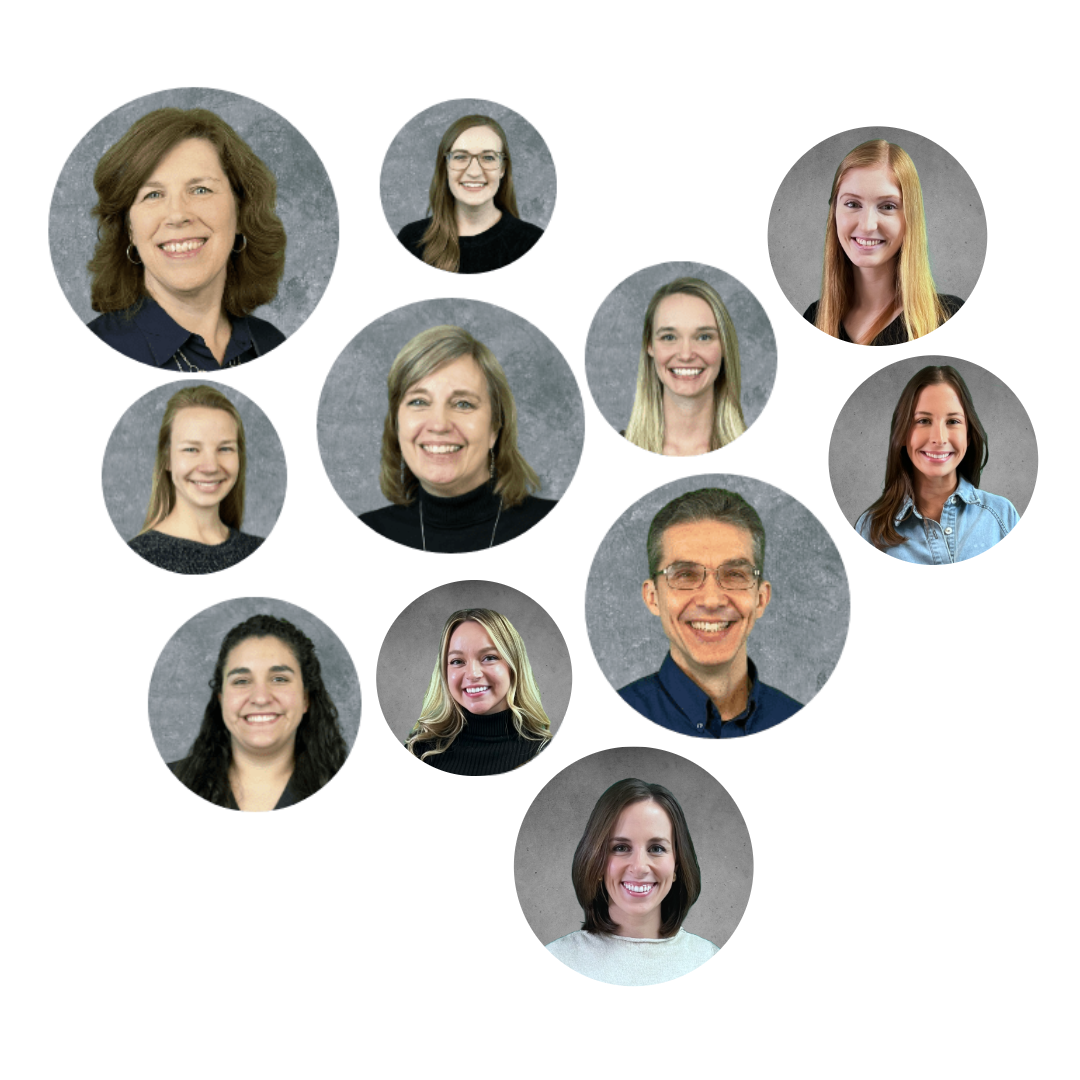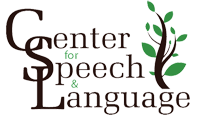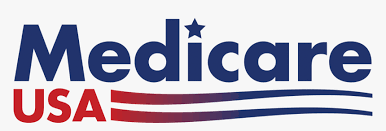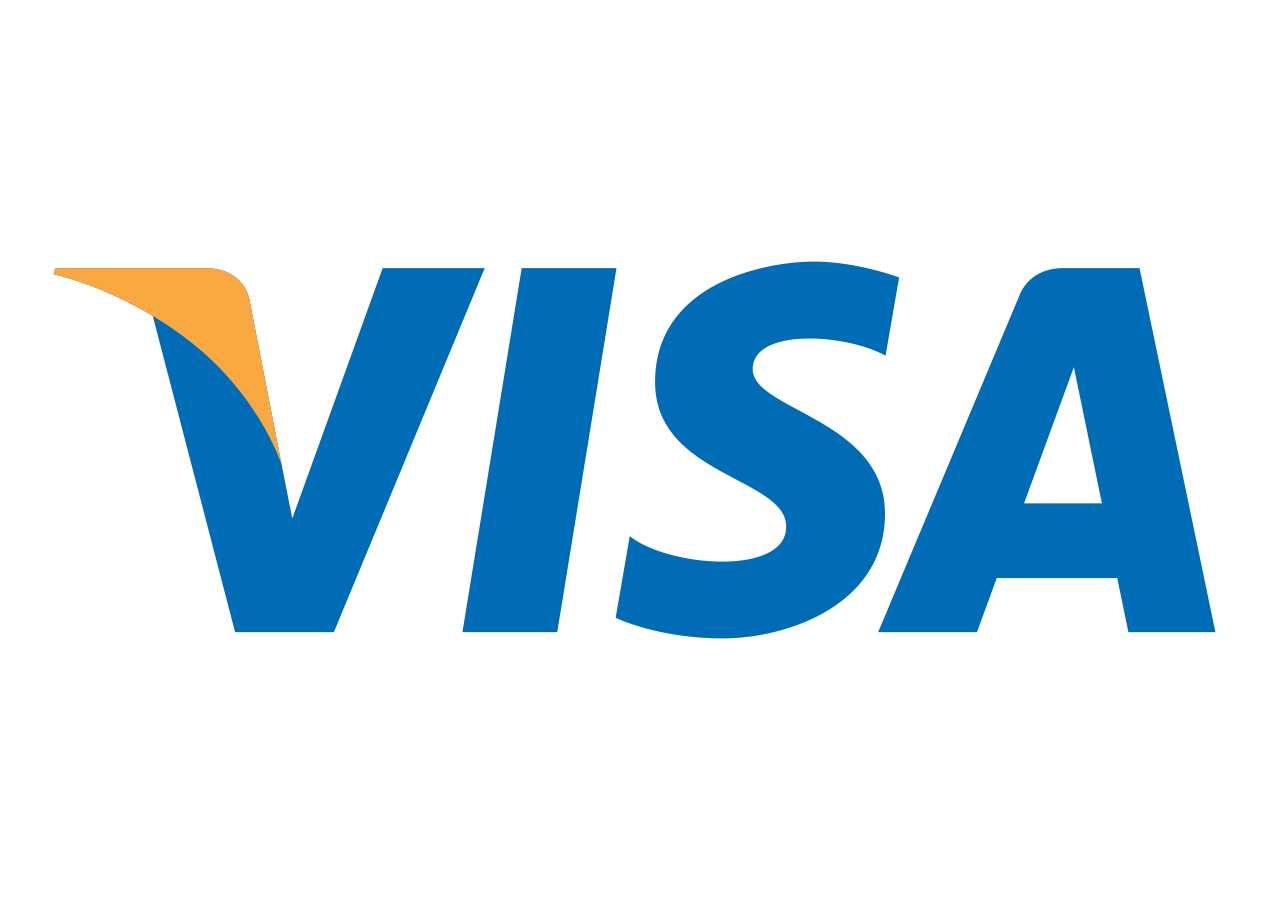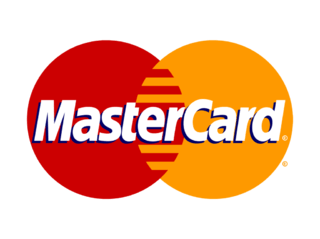Dedication and care for children and teenagers is our foundation
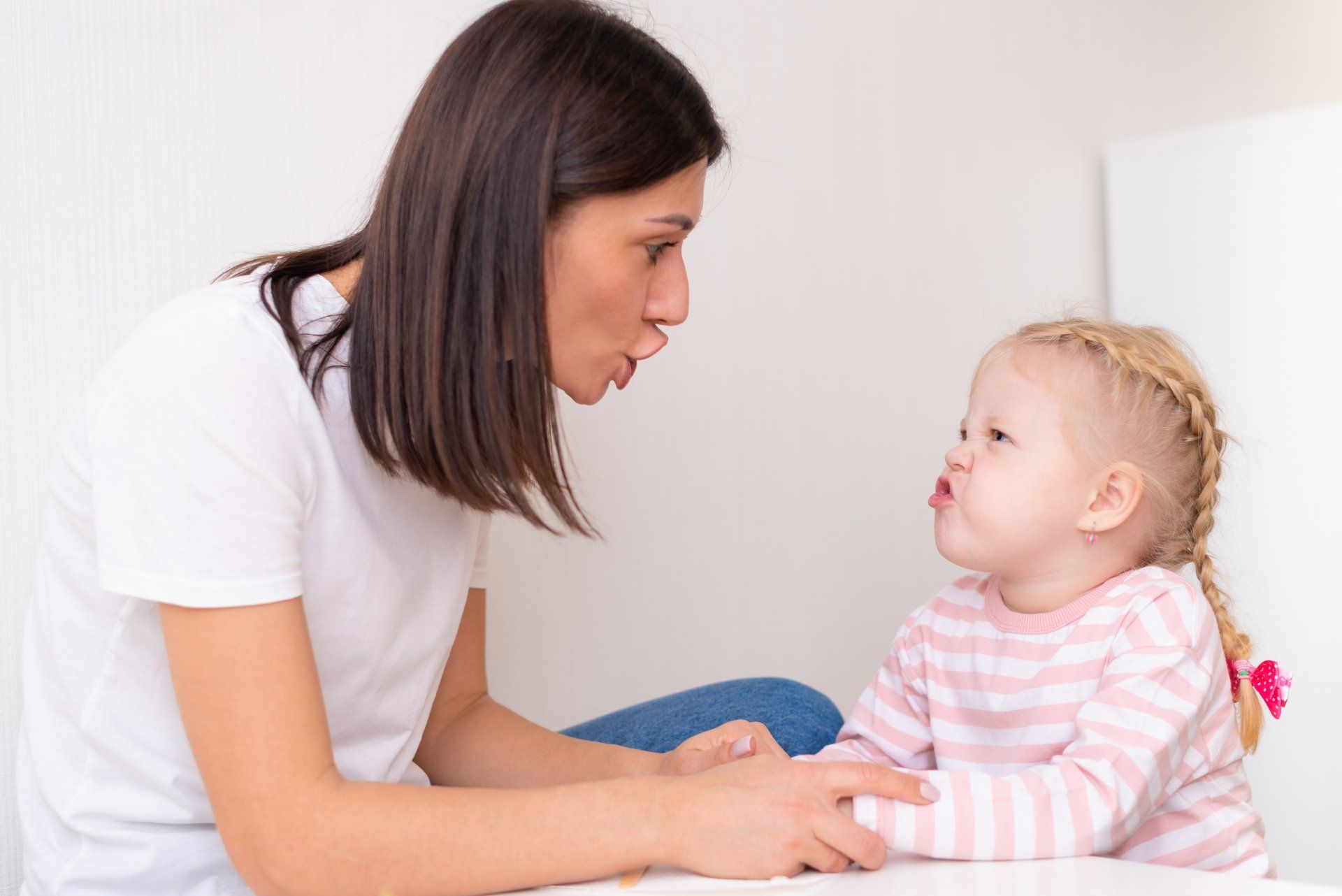
Speech Therapy for Children And Teenagers
Since 1977, The Center for Speech and Language has been a prominent provider of speech therapy for children in North Alabama & Tennessee. Our highly skilled and trained speech language pathologists have made a huge impact on the lives of our patients.
Our dedication and care for children has been the foundation of what makes us a trusted provider to our community. Our SLPs use personalized strategies for each child’s specific challenge. When therapy improves a child’s ability to speak more clearly, the child feels less frustrated and more confident a talking to others.

Individual Speech Therapy
Children can receive weekly individualized attention from our highly trained staff, so they get exactly what they need to improve their skills and become successful communicators. Let us show you why so many families choose the Center for Speech and Language as their trusted partner in helping children reach their full potential!

Comprehensive Assessment
Consist of a mixture of standardized/structured clinical observations and testing to evaluate speech and language weaknesses and strengths. Centered on your child's or adult needs, analysis may comprise evaluation of expressive and receptive language testing, articulation skills, critical thinking skills, assessment of word finding, language processing, social language skills and written language abilities. Assessment duration will differ based on your child's or adult requirements.
Evaluations and therapy are available in the following areas:
- Articulation Disorders:
- A speech disorder caused by difficulty with the physical production of certain sounds. These may be due to incorrect placement of the lips, teeth, tongue, or even soft palate.
- Autism Spectrum Disorder:
- A lifelong disability that begins before 3 years old and includes challenges with communication, repetitive behaviors, and social skills.
- Aphasia:
- A language disorder that affects a person's ability to communicate, frequently caused by a stroke or other brain damage.
- Aphonia:
- A total lack of voice.
- Augmentative and Alternative Communication:
- Methods of communication other than speech, such as through the use of an electronic device. Use of AAC can help to …give the patient more control and diminish frustration.
- Cognitive Retraining Following Head Injury:
- The objective of a cognitive rehabilitation program is to recover a person’s capacity to process, construe and respond to …environmental ideas, and additionally form procedures and strategies to compensate for functions which are essential in …social, familial, occupational, and educational relationships.
- Fluency Disorders/Stuttering:
- A speech disorder described by repetition or prolongation of words, syllables, or sounds.
- Language:
- Using words to communicate a message, including the ordering of the words, vocabulary, and the practical use of the message.
- Dysphagia:
- Difficulty swallowing
- Tongue Thrust (OMD): Orofacial (mouth and face) Myofunctional (muscle function) Disorder.
- A forward position of the tongue at rest, and a thrust between or against the teeth during swallowing and/or speech.
- Voice Disorders:
- Conditions concerning irregular pitch, quality or loudness of the voice. Triggers may include reflux, infections, cancer, contracting a virus and other diseases that could paralyze the vocal cords.
- Dyslexia:
- A learning disability involving difficulty reading despite normal IQ.
The Center for Speech and Language’s staff is dedicated to our patients, both when building skills and recovering from the loss of skills. Contact us today to make an appointment for an evaluation or therapy. Call us at 256-533-3314 or (931) 557-9444. We work with Medicaid and most insurance plans.
